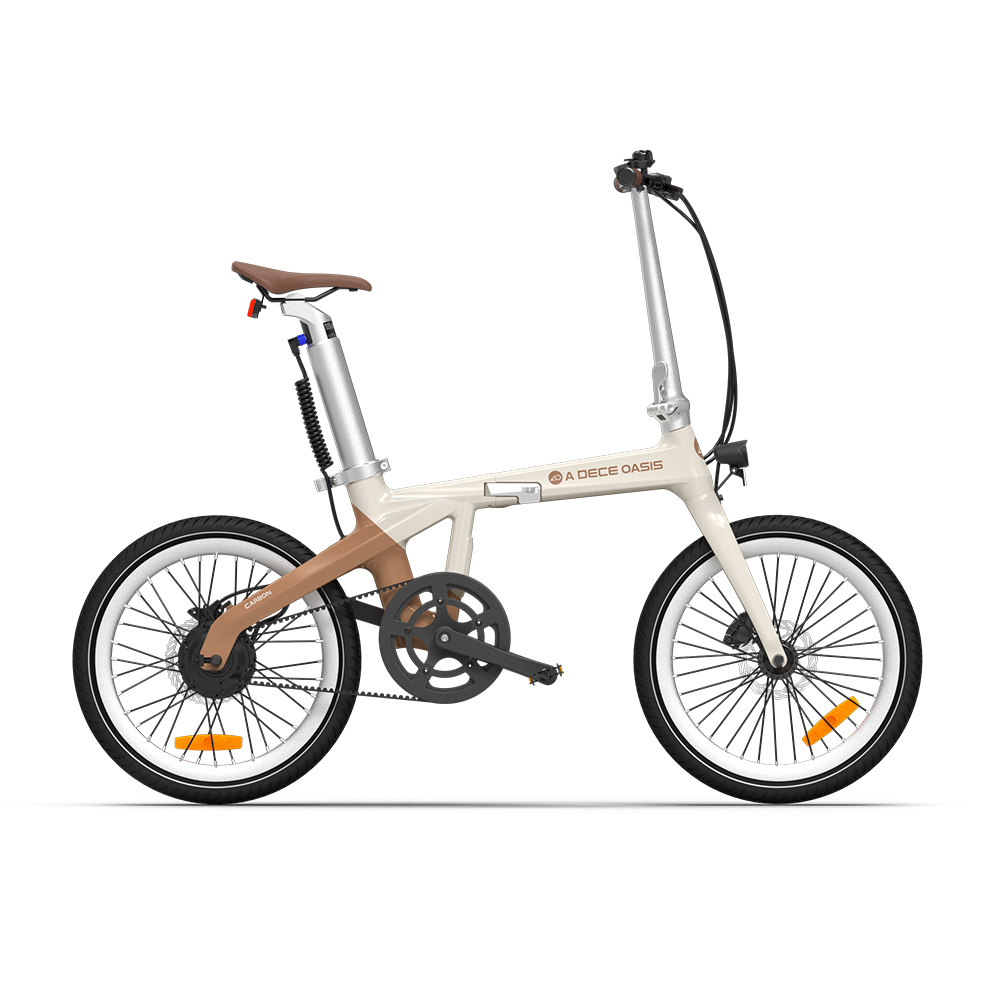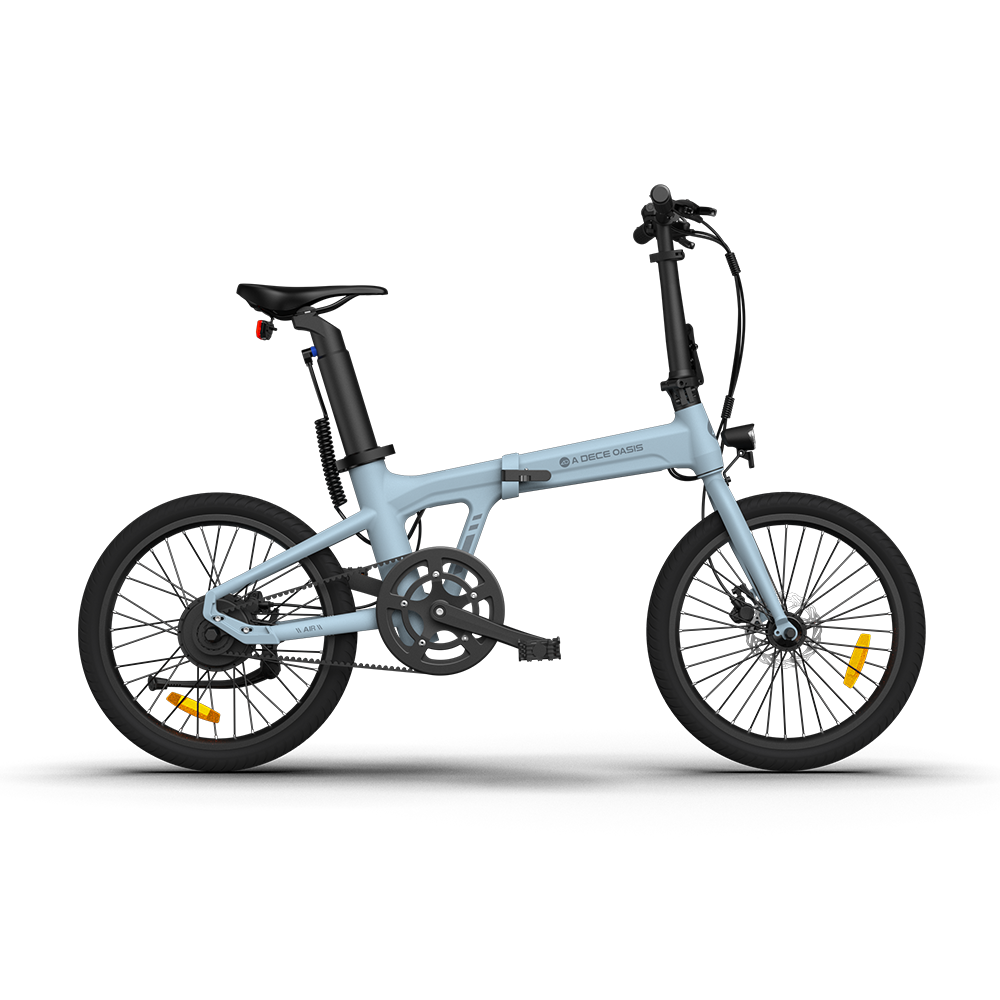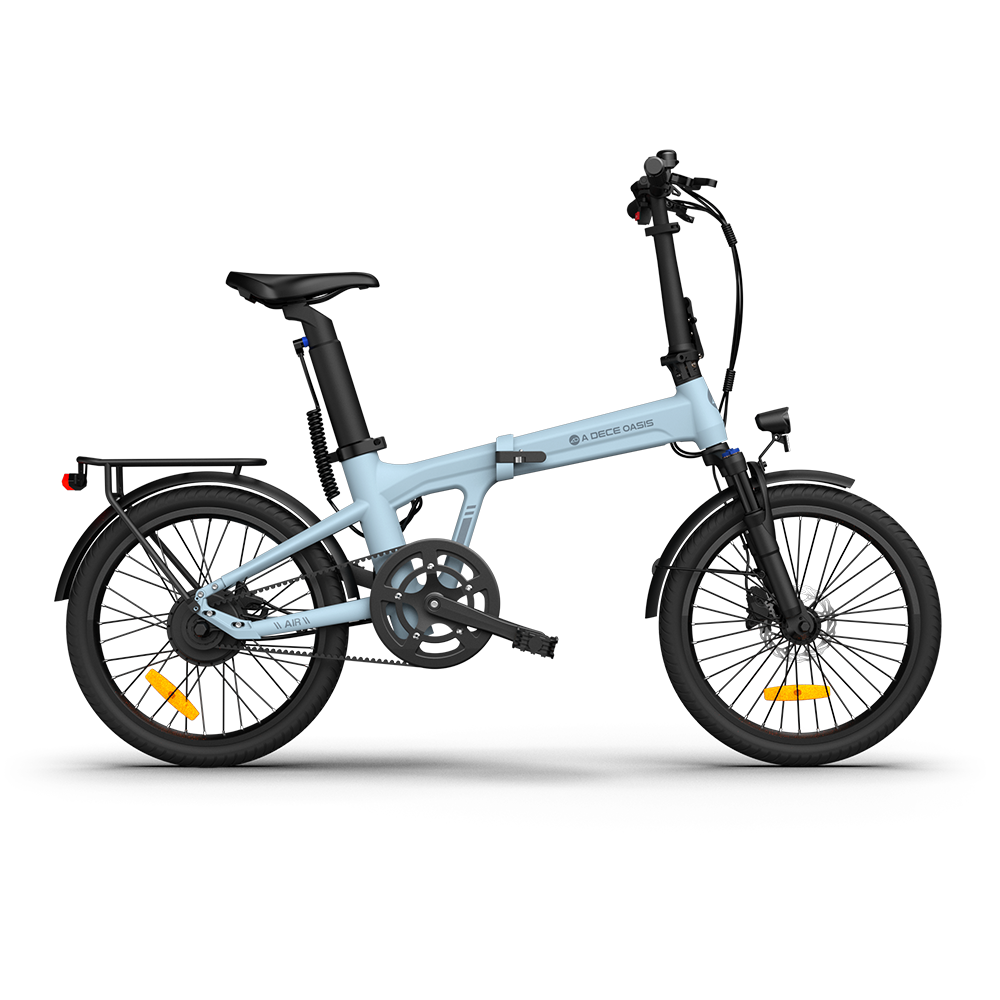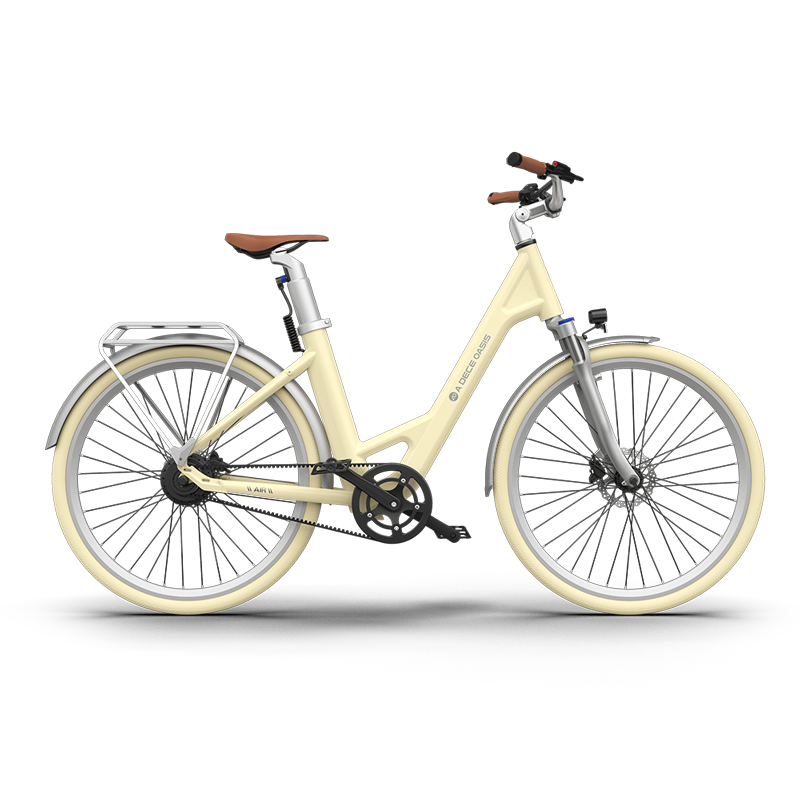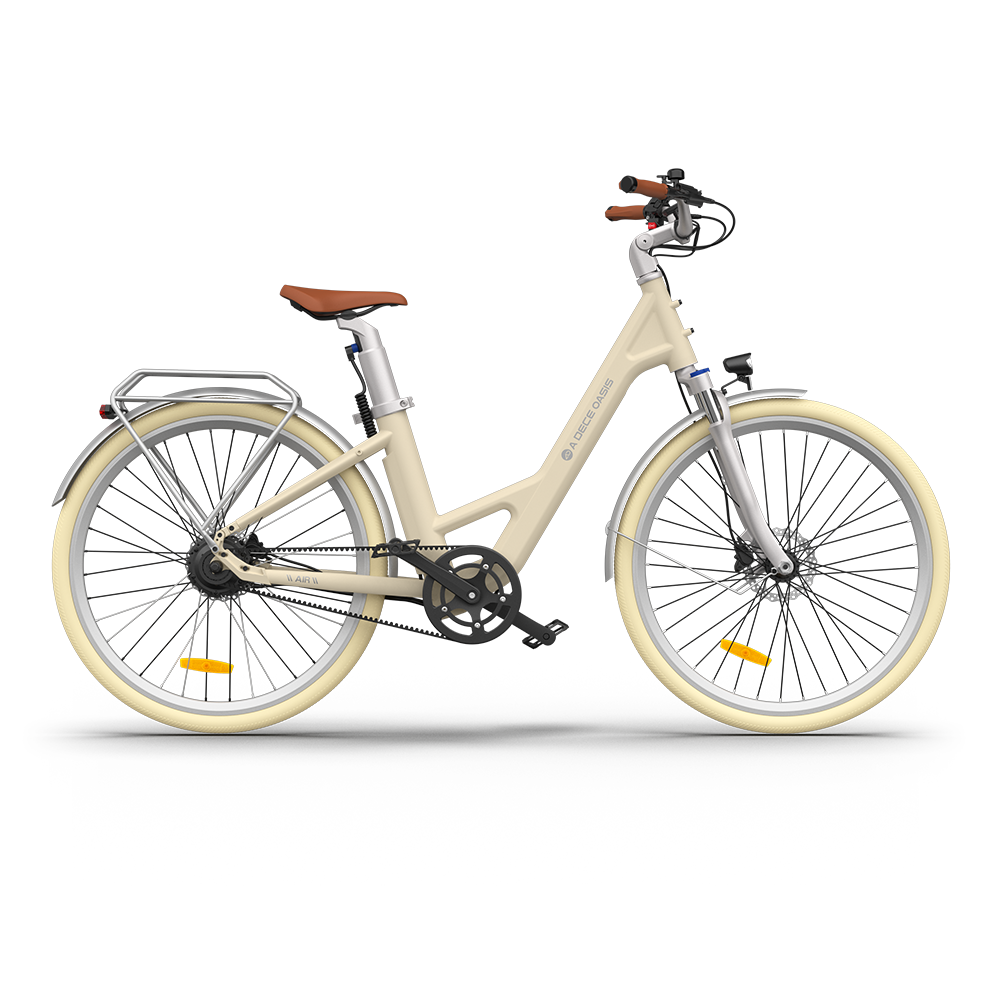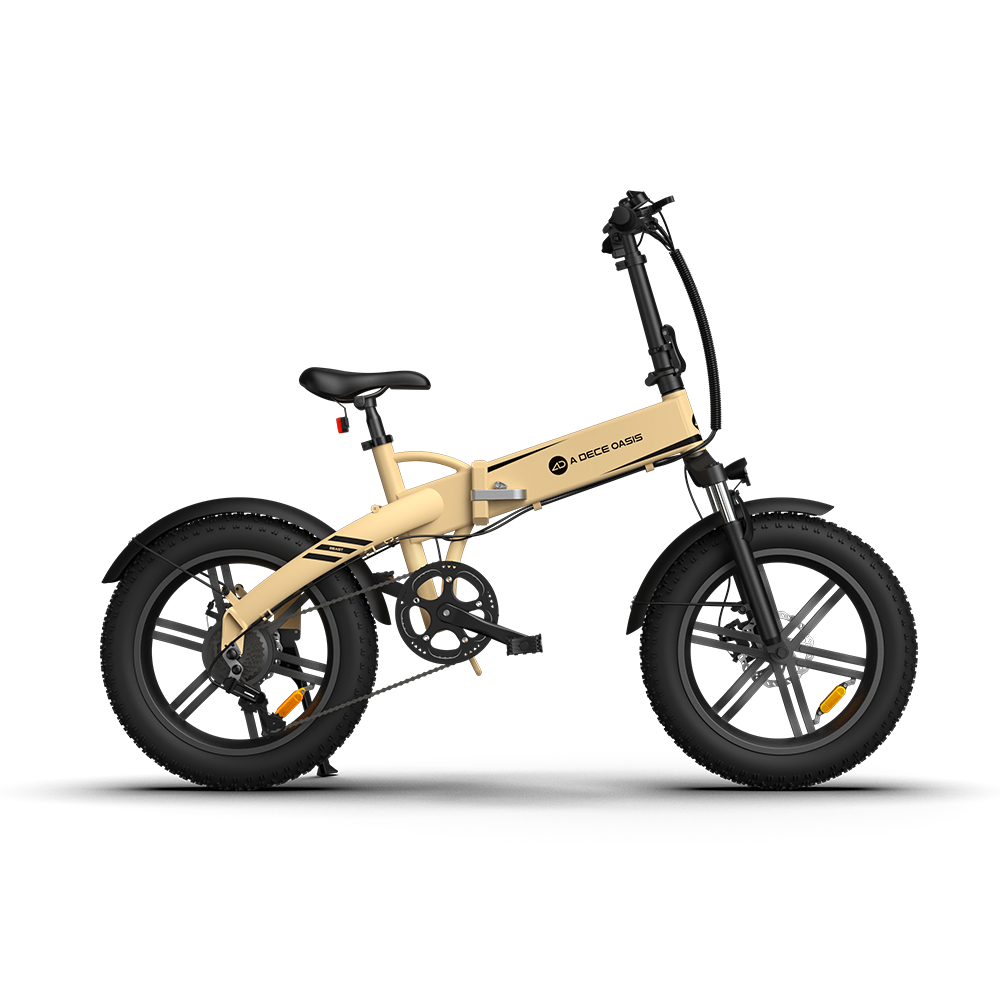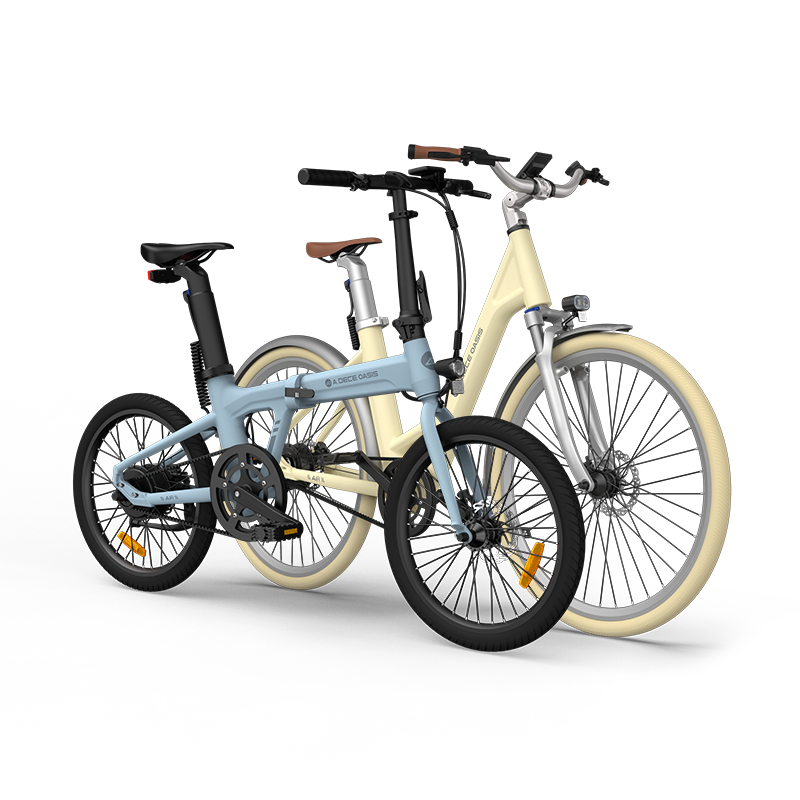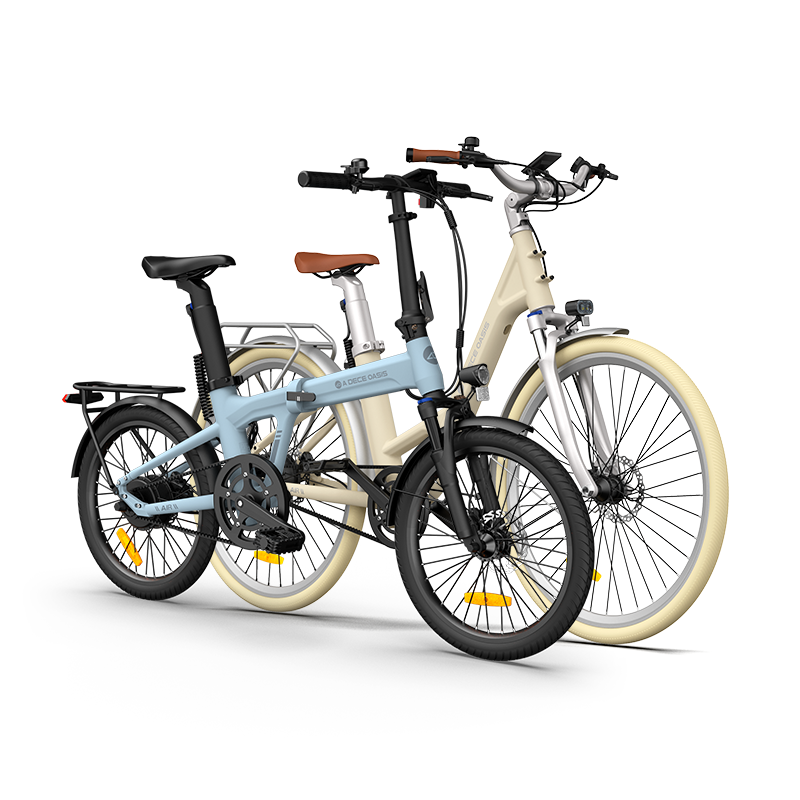The hydraulic brake and mechanical brake of an ebike are two different types of brake systems. Their working principles and usage effects are different, especially in winter. Here are the main differences between the two brake systems and their impact when used in winter:

1. Working principle
Hydraulic brake: Hydraulic brake transmits pressure in the brake line through brake fluid, driving the brake caliper to press the brake pad against the brake disc to achieve braking. The hydraulic system can control the braking force more accurately and provide a smoother and stronger braking effect due to the stability of liquid transmission.
Mechanical brake: Mechanical brake transmits pressure through steel cables or brake lines to pull the brake arm or brake pad to contact the brake disc. Compared with hydraulic brakes, the transmission method of mechanical brakes relies on physical tension, which may cause problems such as uneven tension and difficulty in adjustment in some cases.
2. Differences in performance in winter
Winter performance of hydraulic brakes:
Low temperature resistance: The brake fluid of hydraulic brakes is not easily affected by temperature changes. In cold weather, the brake fluid is less likely to freeze or have high viscosity, so the stability of the hydraulic system is better.
Braking performance: Hydraulic brakes can provide smooth and powerful braking effects. On slippery winter roads, the precise control of hydraulic brakes can effectively prevent wheels from slipping and provide a better braking feel.
Maintenance requirements: Although hydraulic systems perform better in winter, if the brake fluid has not been replaced for a long time or has been used in cold areas, the brake fluid may be affected by low temperatures and become viscous, affecting braking performance. Therefore, it is necessary to regularly check the quality and replace the brake fluid. Among ADO electric bikes, the Air series have hydraulic brakes,which are very popular with customers.

Winter performance of mechanical brakes:
Temperature influence: Mechanical brakes rely on the conductivity of the brake line. In cold weather, the brake line may become stiff due to low temperatures, resulting in inflexible operation, slow braking response, and even requiring greater force to produce a braking effect.
Wear of brake pads and brake discs: The contact between the brake pads and brake discs of the mechanical brake system may not be as uniform as that of hydraulic brakes, especially on slippery roads, which may cause unstable braking performance. In addition, rainy and snowy weather in winter will increase the wear of the brake system, and mechanical brakes may require more frequent adjustments.
Susceptible to moisture: Moisture or snow in winter may enter various components of the brake system, causing the brake line to get stuck and affecting the braking effect. Brake pads may also rust due to moisture and ice and snow, further reducing braking performance.

3. Comprehensive comparison
Hydraulic brakes usually perform better than mechanical brakes in winter, mainly because they are more stable and resistant to low temperatures, providing more precise control and stronger braking ability on slippery roads. However, hydraulic brake systems may require more maintenance, such as regular inspection of the brake fluid and preventing hydraulic lines from freezing and cracking.
Mechanical brakes may be greatly affected by temperature and moisture in winter, resulting in slower braking response and less obvious braking effect than hydraulic brakes. Therefore, e-bikes with mechanical brakes require more frequent inspections and adjustments to ensure the flexibility of the brake line and keep the brake system clean.
4. Winter use recommendations
Hydraulic brakes: Check the quality of the brake fluid and whether there is leakage in the hydraulic system, replace the brake fluid if necessary, and avoid contamination of the brake fluid by water and ice and snow.
Mechanical brakes: Regularly check the brake line for wear and jamming, and ensure the cleanliness of the brake pads and brake discs. After riding in winter, it is best to clean the brake system to prevent damage caused by ice, snow and salt.
In general, hydraulic brakes are generally more stable and efficient in winter, but still require proper maintenance, while mechanical brakes may face more challenges in low temperature environments.



